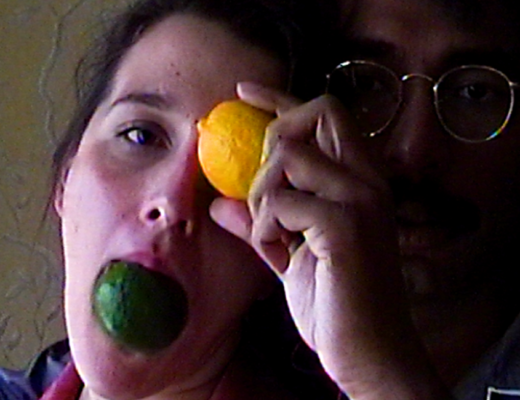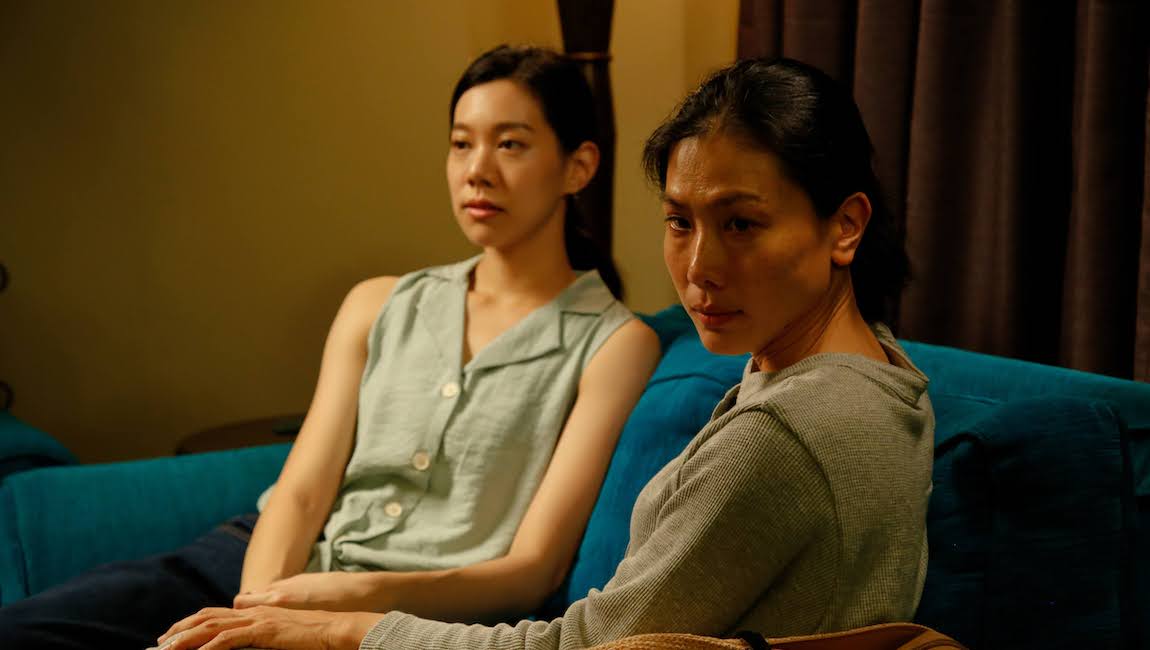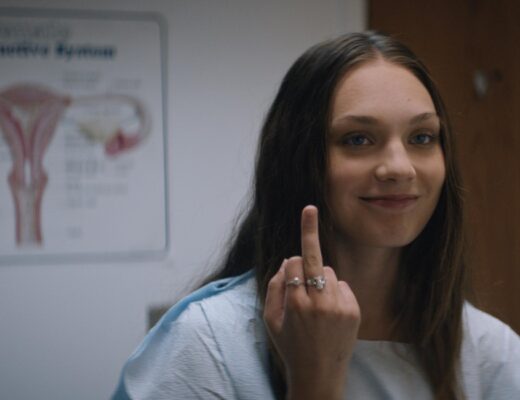The past decade suggests an encroaching — or, perhaps at this point, arrived — renaissance in Indigenous art. Regardless of the medium, native voices are becoming not only pervasive, but essential to the spectrum of modern American art. Authors like Tommy Orange, Brandon Hobson, and Stephen Graham Jones have arrived to both critical and commercial acclaim; in 2019, Joy Harjo became the first Native American writer to serve as United States Poet Laureate; and, of course, Louise Erdrich, author of one of the more impressive bibliographic runs of the past century, continues to deliver vital work. There seems a clear causality in the literary community’s boom of Indigenous storytelling and the subsequent, relatively more recent suit-following in the visual mediums. Filmmakers like Sterlin Harjo, Elle-Máijá Tailfeathers, and Sky Hopinka have all delivered fantastic efforts in the past couple years alone, and both more middle-American, mainstream efforts like Rutherford Falls (from Parks and Recreation creator Michael Schur) and the Taika Waititi-produced Reservation Dogs (from creator Harjo) have not only platformed Indigenous narratives, but have mounted their productions with an almost entirely (Dogs) or heavily represented (Falls) crew of native actors, writers, and technical artists. Which is to say, it’s only right that one should meet War Pony, a film about two Oglala Lakota boys growing up on the Pine Ridge Reservation, with skepticism, directed as it is by two white women: Riley Keough and Gina Gammell. The question of who has the right to tell a story isn’t a new one, but in a country literally built upon the exploitation and displacement of Native populations and in the context of an industry with an unsavory history of Indigenous representation on screen, everyone should feel a bit squeamish at this proposition.
It’s a significant relief, then, that the film proves to be a conscientious and measured affair. The Hollywood Reporter offers a nice primer on the production process: the gist being that Keough befriended co-screenwriters Franklin Sioux Bob and Bill Reddy while filming American Honey in South Dakota, and returned regularly over much of the last decade, Gammell in tow, at first as friends sharing in each others’ lives, and then as artistic collaborators. Indeed, much of War Pony’s narrative fodder is influenced by Bob and Reddy’s own experiences growing up, which likely has everything to do with the film’s refusal to trade in the lurid or sensational. Instead, the poverty and substance use and economic hardship that is too often used only to reinforce and conventionalize facile notions of the Native American experience are here treated with a judicious nonchalance; despite the directorial duo, this isn’t a narrative filtered through the white gaze. Where something like Andrea Arnold’s aforementioned American Honey leans into a certain brand of romanticized miserablism — which is about as your-mileage-may-vary as it gets in critical discourse; poverty poor-n for detractors, the height of modern melodrama for adherents — Keough and Gammell’s film instead opts for an unembellished authenticity, its familiar grimy texture suggesting a pulpiness that thrillingly never arrives. In War Pony, a father sharing a blunt with his tween son can be an endearing moment, tragedies can be self-preservationally flattened in the continued, delirious march into one’s future, and a night full of felonies can be both a celebration and a declaration of self.
But, of course, a film doesn’t succeed because of what it’s not, and where War Pony most immediately succeeds is as an unassuming character study. XXXTentacion-listening Bill (Jojo Bapteise Whiting, in an immensely charming screen debut) is 23, genial, and jobless, and as the film opens, he is looking for $400 to bail his baby mama and ex out of jail. His first plan is to breed poodles; he also tries his luck working for a smarmy white rancher. 12-year-old Matho (LaDainian Crazy Thunder) spends his days horsing around with friends, getting up to all mess of petty and felonious activity with the casual confidence of the young. Both are trying to learn how to be the men they want to be: Bill by achieving financial stability and providing for his two young sons; Matho by willing himself into the masculine shape he so desires. But the quartet of collaborators here smartly refuse any inane narrative mirroring or contrived entanglements, instead letting these two stories twist and twine together organically: one exceptional and visually articulate sequence tracks Matho and his cohorts through a gas station as they buy candy and snacks with their just-earned drug money, accepting help from a local “auntie” when they try to slip out without paying enough, only for the camera to linger near the counter as Bill enters, inquiring about a potential job. It’s in this lived-in, modest tenor that War Pony’s intelligence and sensitivity can be most felt, taking care to anchor plot threads that could otherwise be spun into high drama to the hardscrabble but grounded realities of these two lives. Even the film’s female characters, who on a superficial glance might seem thinly sketched or overlooked, are instead subsumed into a dialectic on the exploitation of Indigenous women. Nothing is incidental.
It seems, too, that this delicacy extends to War Pony’s collaborative process. Keough and Gammell leveraged their industry cache, and the result, almost miraculously, avoids all whiff of exploitation or exoticization. The pair seem fully content to take a backseat, acting as stewards for voices they value: it’s hard to imagine the moving image of four young boys lying and laughing in a shared bed, a respite from the hardships we’ve seen, coming from anything but experience. The directors supplement Bob and Reddy’s contributions with some sleek photography of the Pine Ridge area, again undercutting any narrative of the reservation’s extreme poverty by instead capturing the land’s considerable beauty — reservation dogs dotting grassy plains as they descend upon a lone house, gorgeous Black Hills vistas of expansive, variegated sky — just another in a sequence of the filmmakers’ surprising but essential decisions. In this way, even within the lineage of recent Indigenous visual media, War Pony is a unique offering: perhaps the closest reference point would be Chloe Zhao’s Songs My Brothers Taught Me (though Keough brings more Hollywood to her project than did Zhao at the time), and while the latter’s work was a likewise respectful and understated endeavor, War Pony is the far richer, more nuanced film. Of course, ideally representation would be left to the hands and voices of the represented, and space will need to continue to be carved from the white cultural hegemony to accommodate such necessary (r)evolution. But what Keough, Gammel, Bob, and Reddy have collaboratively accomplished here is an impressive, expressive film, one that will hopefully open more eyes to and wallets for the remarkable Indigenous art currently making inroads into mainstream moviemaking.
DIRECTOR: Riley Keough & Gina Gammell; CAST: Jojo Bapteise Whiting, LaDainian Crazy Thunder, Ashley Shelton; DISTRIBUTOR: Momentum Pictures; IN THEATERS & STREAMING: July 28; RUNTIME: 1 hr. 55 min.
Originally pblished as part of Cannes Film Festival 2022 — Dispatch 5.







